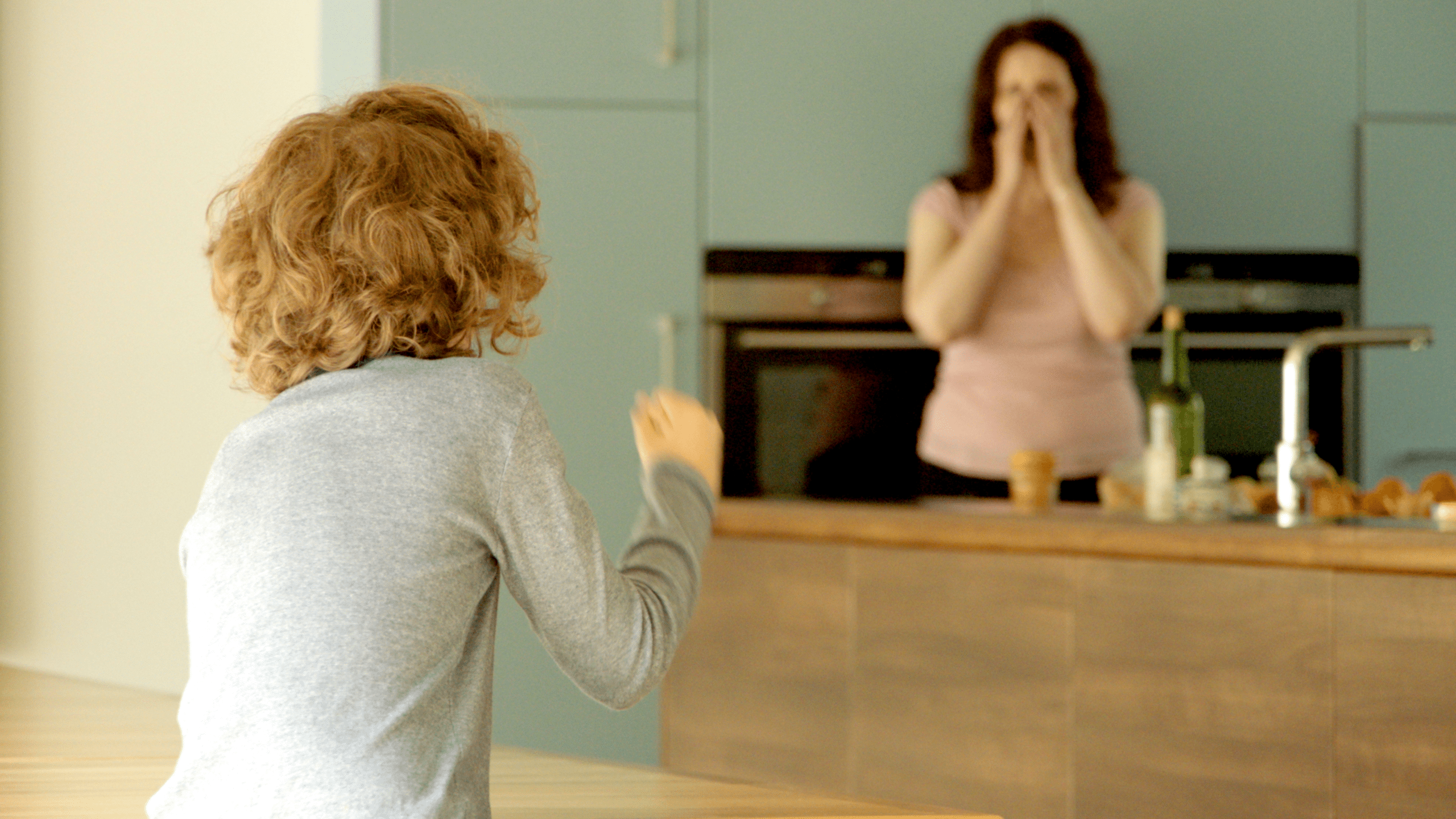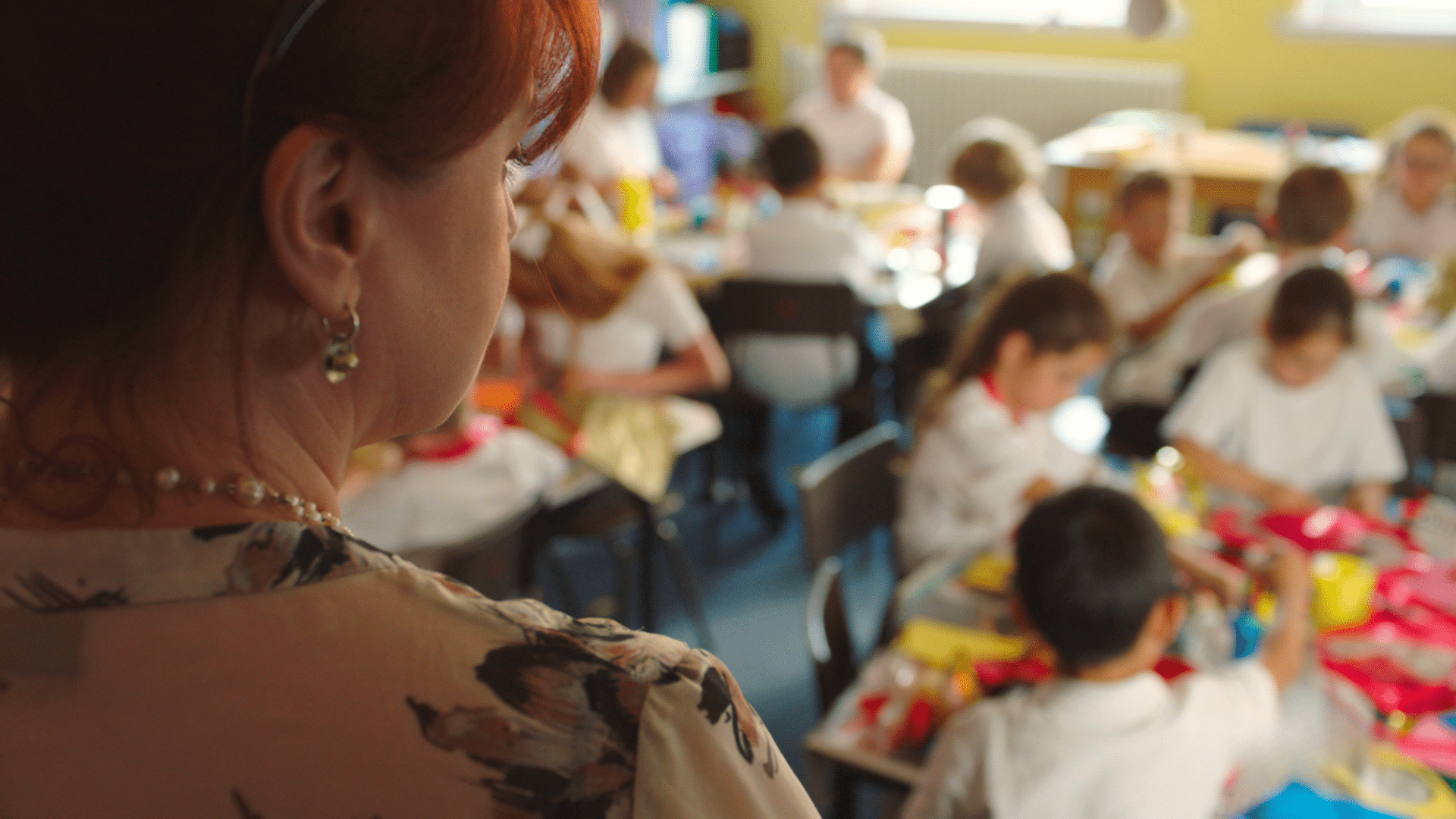

On World Book Day, the Reading Agency joins us to share the importance of reading for emotional wellbeing and beyond.
Children and young people have had a tumultuous year: almost two-thirds (60%) of children aged 8-11 say they feel stressed, sad or worried at least once a month. Reading has always had the power to help people feel better, but 2020 clearly highlighted a need for reading that’s also good for our minds and can help us through difficult times.
The Reading Agency want to spread the word that helpful reading really can improve mental health and wellbeing. The Reading Well programme recommends the best books to support wellbeing, with book lists that offer information, advice and stories to help all ages.
So far, 2.6 million Reading Well books have been borrowed from libraries
In February, the Reading Agency launched Read, Talk, Share – an initiative to tackle loneliness and support mental health and wellbeing through reading. As part of a £3.5 million award by the Department for Digital, Culture, Media & Sport (DCMS), its Reading Well programme is expanding so that books from its mental health schemes for children, young people and adults will be available in every library in England and in e-book or e-audio formats, so that as many people as possible can benefit.
Making a safe place
Of course, we all know how crucial talking about emotions and feelings can be for young children. It can mean the difference between spotting signs of mental ill-health – and a possible diagnosis where necessary – and a lifetime of buried issues. But it’s not always easy to start that conversation. Opening up conversations with children about anxiety and worry through reading can be really important to support children in identifying and coping with how they’re feeling. The books in the scheme can also provide the parents, carers or teachers around them with the best tools to help.
“Communication is so vital,” says our founder, Kitty Nabarro. “And having a designated space where a child enjoys reading and is happy to be read to can offer opportunities to discuss feelings they’re unsure about sharing. It’s a kind of ‘neutral zone’ where a child can feel free to express themselves openly.”
Recent research by the National Literacy Trust has revealed kids who are the most engaged with literacy have better mental wellbeing than those who are the least engaged. And reading can also help all of us develop our empathy. Furthermore, researchers at the University of Sussex found that just six minutes of reading can reduce a person’s stress levels by 68%. Because our films are made specifically for parents, teachers and carers, they cut right to the chase. For more films that explore how to open up the conversation with children, click here.
An expert-developed reading list
The Reading Well for Children scheme provides books that can help kids deal with worries, feel better and get through tough times, with the book list chosen and recommended by leading health professionals and co-produced with children and families. And within the Reading Well for children book list there are books relating to worries and anxiety; ranging from a heart-warming story about a young girl coping with her worry about making friends, to a book that gives older children practical techniques and skills for overcoming anxiety.
Included are books such as Questions and Feelings About: Worries by mindfulness expert Paul Christelis, which explores everyday situations that can cause children to feel anxious, helping children recognise the signs of worry whilst giving reassurance and simple ways to cope. You can also find stories such as Ruby’s Worry by Tom Percival, a story about a girl who finds a worry and tries to ignore it until it almost consumes everything around her. When Ruby makes a friend – who has a worry too – and talks about what’s bothering her, she realises that everybody gets worries, and they are nothing to be ashamed of.
Reading and wellbeing
We know Reading Well works – 91% of people surveyed found their book helpful. So far, 2.6 million Reading Well books have been borrowed from libraries. Regularly reading for pleasure has been shown to boost self-esteem, give a greater ability to cope with difficult situations, and improve sleeping patterns. Studies also show regular readers for pleasure report fewer feelings of stress and depression, and that reading creates stronger feelings of relaxation than watching television or engaging with technology-intensive activities.
So, this World Book Day, why not look through the Reading Well for children book guide for more helpful book inspiration and resources for parents, carers or teachers. Remember, the entire book collection is available for free through your local library. Whether it’s a book packed full of practical advice on coping with anxiety or relatable stories that help children understand their feelings, there is a helpful book for everyone.

We’d love to hear from you and find out what books you and your families find a great way to either discuss or put away the worries of the day.





